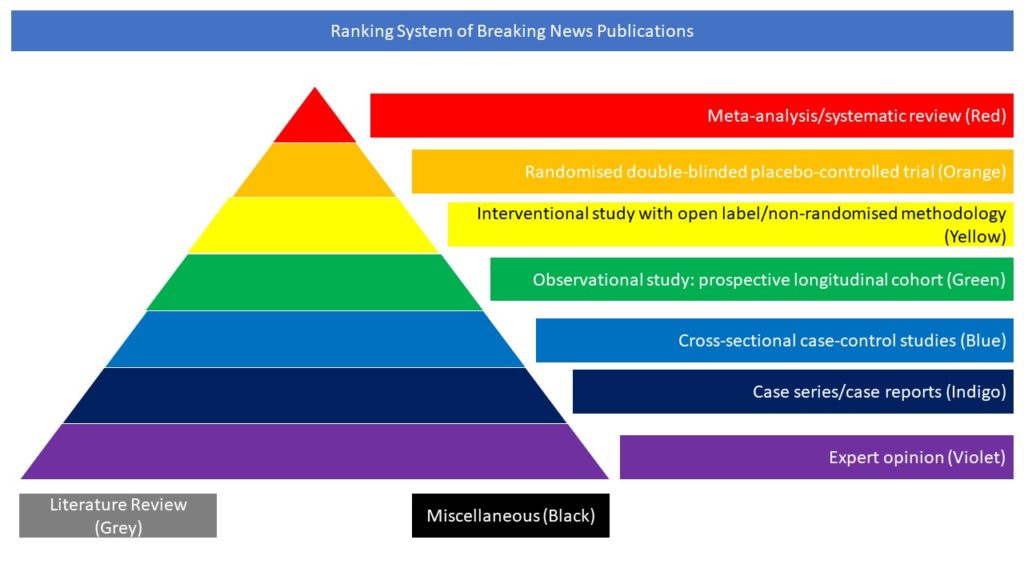Case series/case reports (Indigo)
A few cases of parkinsonism linked to COVID-19 infection have been reported so far. Onset was acute or subacute in all of them (10–32 days after COVID-19 diagnosis) raising the possibility of a post- or para-infectious parkinsonian syndrome. However, the presence of decreased DaTscanTM uptake in all of the reported cases, which would be unlikely to occur within a short period of time, supports a possible conversion from prodromal to symptomatic PD promoted by the COVID-19 infection. In this article the authors report two male patients, aged 45 and 67, who developed a classical form of PD approximately three months after a moderate COVID-19 infection with dyspnea, fever, anosmia and ageusia. Both patients underwent brain MRI, which did not show abnormalities, and SPECT with Ioflupane I123 injection (DaTscan™) that confirmed the presence of a presynaptic dopaminergic denervation. A wide genetic screening was performed revealing the presence of a heterozygous mutation in the GBA and parkin genes respectively. The authors concluded that in their patients, the COVID-19 infection could have acted as an infectious second hit, like the “double hit” hypothesis of PD, unmasking an underlying preclinical PD linked to a genetic predisposition suggesting that COVID-19 may act as an environmental trigger in the development of PD in genetically predisposed asymptomatic carriers.
Cavallieri F, Fioravanti V, Toschi G, Grisanti S, Napoli M, Moratti C, Pascarella R, Versari A, Fraternali A, Casali M, Paul JJ, Moro E, Bauer P, Zedde M, Valzania F. COVID-19 and Parkinson’s disease: a casual association or a possible second hit in neurodegeneration? J Neurol. 2021 Jul 3:1–3. doi: 10.1007/s00415-021-10694-4.









